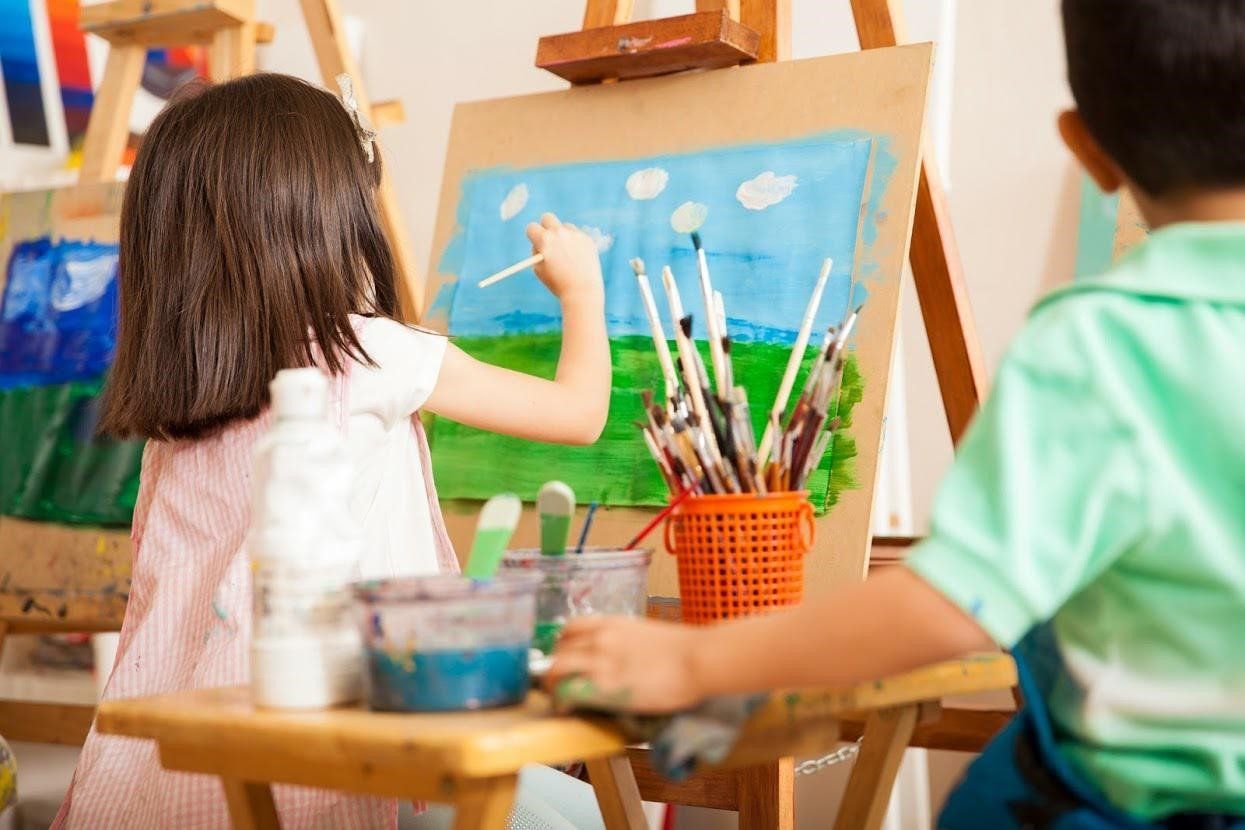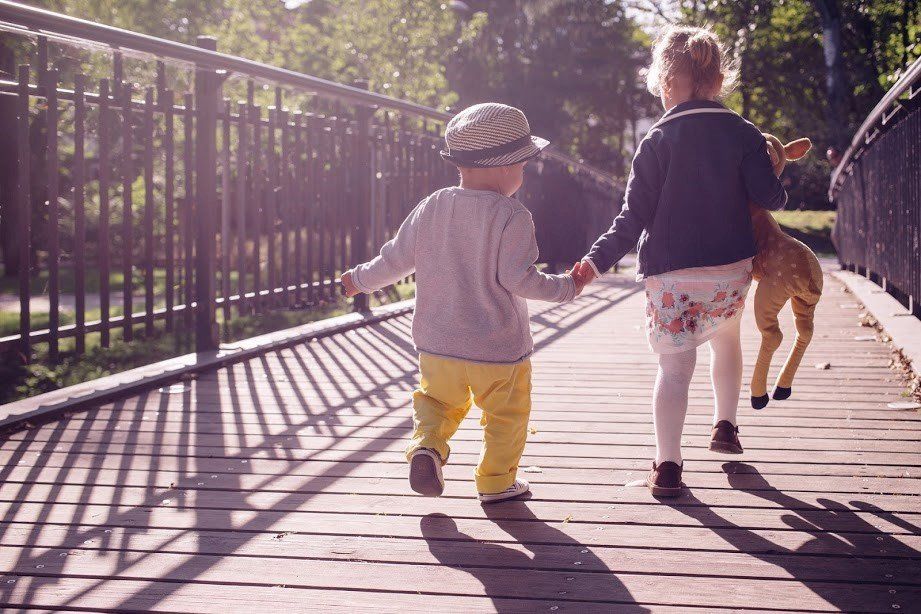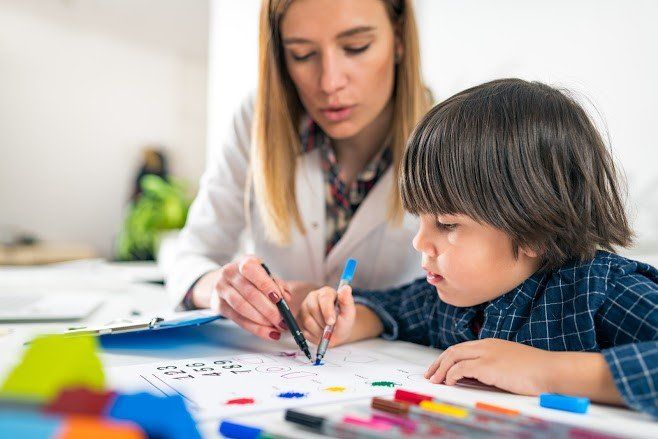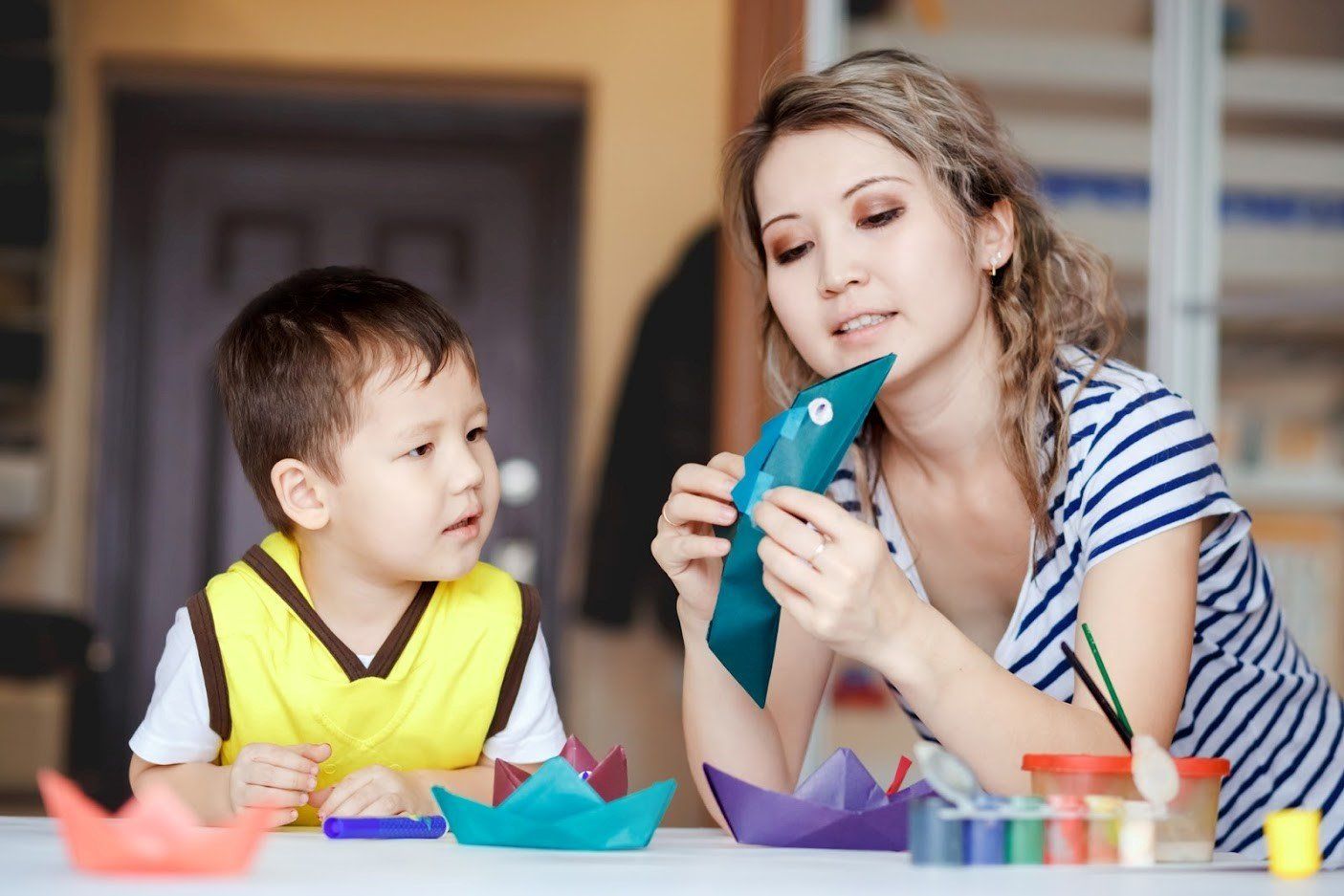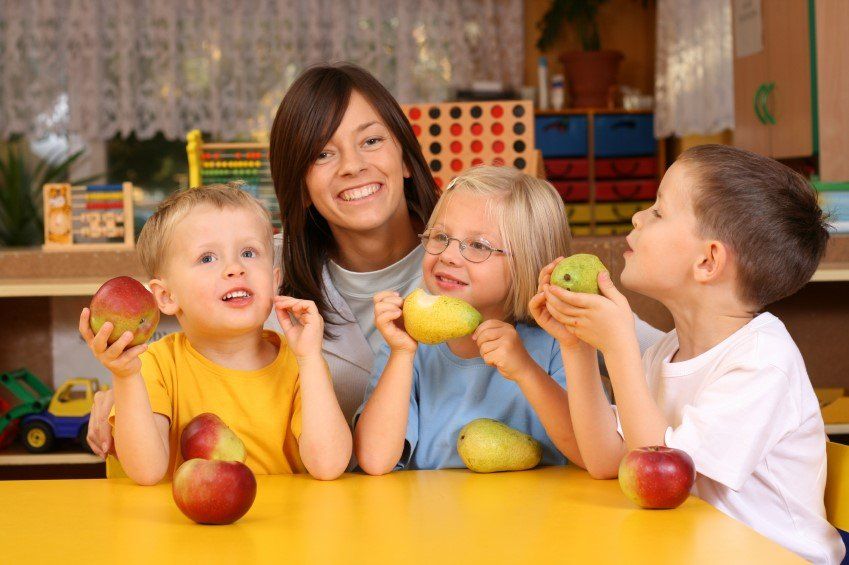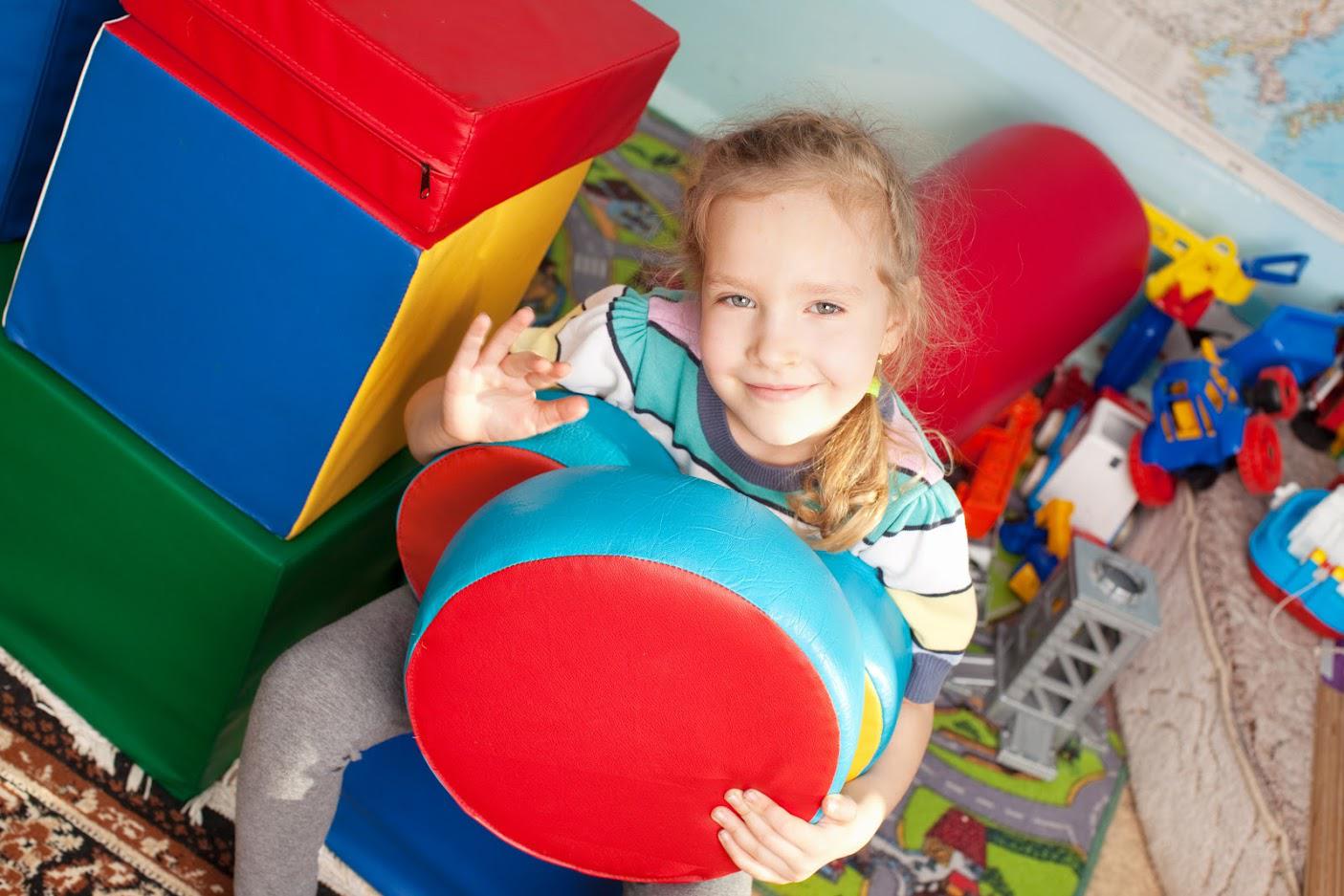What You Need to Know About Your Child's Language Development
What do parents need to know about speech and language development during the early years of their child's life? From when to expect your infant's first words to how daycare or preschool can help build their communication skills, take a look at the top speech and language questions parents of zero to three-year-olds have answered.
When Will Your Child Talk?
Children can communicate well before they can speak clear words. The first word your child speaks is a major milestone. But this major step towards language development isn't the start of speech or communication.
Between birth and the first three months, most infants make cooing noises, cry for different reasons, and can recognize certain voices. By four to six months of age, babies start to babble. You may notice your child making noticeable sounds such as "ba" or "pa." At this age infants also start to giggle and laugh and may make specific sounds when they're happy or angry.
Between seven months of age and one year, some children will speak their first words. These are typically short words with repetitive sounds, such as "ma-ma" or "da-da." Along with your child's first words, seven- to 12-month-olds may babble in long strings of sounds, use gestures or pointing to objects, and imitate the sounds you make.
Do All Children Speak By Age One?
While some infants have mastered a few short words by 12 months, others may not speak until after one year. Language development isn't set in stone. Even though there are expected milestones, some children may reach these marks earlier or later. If you have concerns about your infant's speech, talk to an early childhood or pediatric professional. A specialist can evaluate your child and make sure they're on track.
What Happens After the First Few Words?
You'll likely see a language boom in the next few years of your child's life. Between ages one and two children start to build a vocabulary of easy-to-speak and simple words. Your child may also start to put together two-word sentences or ask questions. After age two your toddler will continue to build more multi-word sentences. They may also have words for most of the people and objects they interact with.
Between 18- and 23-months, children may have a vocabulary that includes 50 words, according to the Lucile Packard Children's Hospital. Even though your toddler may have dozens of words or more, their speech may seem unclear. As your child develops the motor skills necessary to communicate and builds their language abilities, their speech will become clearer.
How Can Daycare Help Your Child's Language Development?
The more practice your child gets speaking and communicating, the easier it will get for them. Even though your child can practice these skills at home or in other out-ofschool places, daycare provides plenty of opportunities to build language skills.
Not only will your child get the chance to listen and talk to adults and their teachers at daycare, they can build new language skills through peer-to-peer interactions. The older your child gets, the more social interactions they'll have with the other students in their daycare class.
Along with the chance to use and grow language and communication skills, daycare can help you to identify potential speech delays or issues. Whether you have concerns about your child's speech or their teacher picks up a problem, you can use the early childhood and daycare environment as a resource. Even though the daycare teacher isn't a specialist in speech delays or therapy, they can provide you with daily insights into your child's development and connect you with speech-language professionals.
Does your child need a new daycare center? Contact Small World Early Learning & Development Center for more information.

